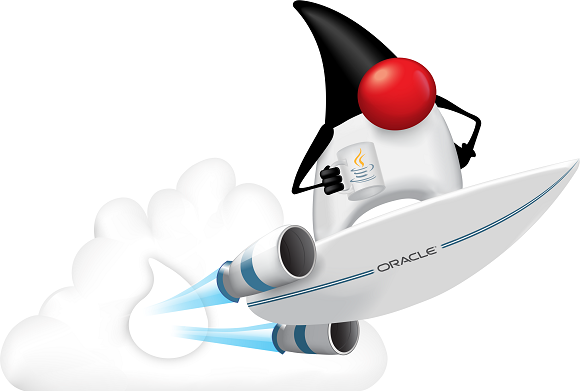Oracle Java SE 13, lucky for faster cadence feature preview fans
Oracle has announced the availability of Java SE 13 (JDK 13) during the company’s Oracle Open World conference and exhibition in San Francisco.
Java Platform Standard Edition (Java SE) is used by software application developers to develop code for desktop and server environments – Java purists laud the language’s user interface, performance, versatility and, as always, its portability.
In a world where many have decried Oracle’s commitment to truly open community-centric open source technologies, many have worried about the health and wealth of the Java platform and language.
Oracle, in response, continues to insist that its commitment is real.
Release cadence
The company says that its drive to fuel the developer community is validated by its steadfast resolve to deliver a predictable release of enhancements as part of the comparatively new (faster) six-month feature release cadence.
The six-month release cadence has driven five releases since its adoption in September of 2017.
The latest release also includes two preview features: Switch Expressions, which extends ‘switch’ (see below) so it can be used as either a statement or an expression (JEP 354), and the addition of text blocks to the Java language (JEP 355).
As noted on TutorialsPoint, “A switch statement allows a variable to be tested for equality against a list of values — each value is called a case and the variable being switched on is checked for each case.”
“Java continues to be an important technology for Siemens as many legacy applications are based on Java and also new developments are done with Java. Therefore we need to always receive the latest patches in order to improve security,” said Hans-Martin Schulze, IT strategist at Siemens Information Technology.
Preview proof points
Oracle insists that ‘preview features’ are an important part of the new release model and allow for greater community input prior to reaching a final design for new features. These also improve quality and performance when the features become GA.
Oracle JDK 13 now supersedes Oracle JDK 12 and offers a smooth transition because of its incremental nature to this latest release. Oracle plans to deliver a minimum of two updates to this release per the Oracle CPU schedule before being followed by Oracle JDK 14, planned for March 2020.
“The JDK 13 release is the result of industry-wide development involving open review, weekly builds and extensive collaboration between Oracle engineers and members of the worldwide Java developer community via the OpenJDK Community and the JCP,” said Georges Saab, vice president of development, Java Platform at Oracle. “The goal is always to make the latest innovation in the Java SE Platform and the JDK easily accessible to developers globally. We invite the community to share their experience with Java SE 13 and continue to contribute and help make Java even better in future releases.”
Oracle says it also continues to offer Oracle Java SE Subscriptions and flexible options for customers to receive Java SE license and support for the systems they need and for as long as they need it.
Follow our Java Platform Group Product Management Blog for more technical information on the latest release.




